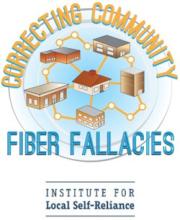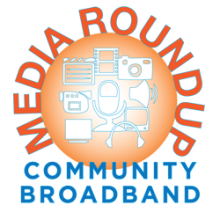LUS Fiber Brings Free Wi-Fi to Airport
LUS Fiber is now sharing its municipal gigabit network with travelers at the Lafayette Regional Airport, reports KLFY News 10. According to the article, free Wi-Fi is available at the airport supported by LUS Fiber.
“Today’s travelers expect to stay connected when they are away from the office or home. With complimentary WiFi, guests can check important email, post to social media and browse the Internet,” said Steven Picou, Executive Director of Lafayette Regional Airport. “We recognize that to deliver complimentary Internet access contributes towards a positive customer impression of the airport, as well as Lafayette.”
LUS Fiber and the city of Lafayette has recently attracted a number of high tech companies and understands the value of first impressions. The airport is the perfect place to dazzle visiting potential employers:
“We know that businesses choose to come to Lafayette for a variety of reasons and many have cited our 100% fiber-optic network as one of those reasons,” said City-Parish President Joey Durel. “As a gateway to Lafayette, we want visitors to experience the ultra high speeds of a Gigabit Internet connection, from the moment they arrive to the moment they leave.”









